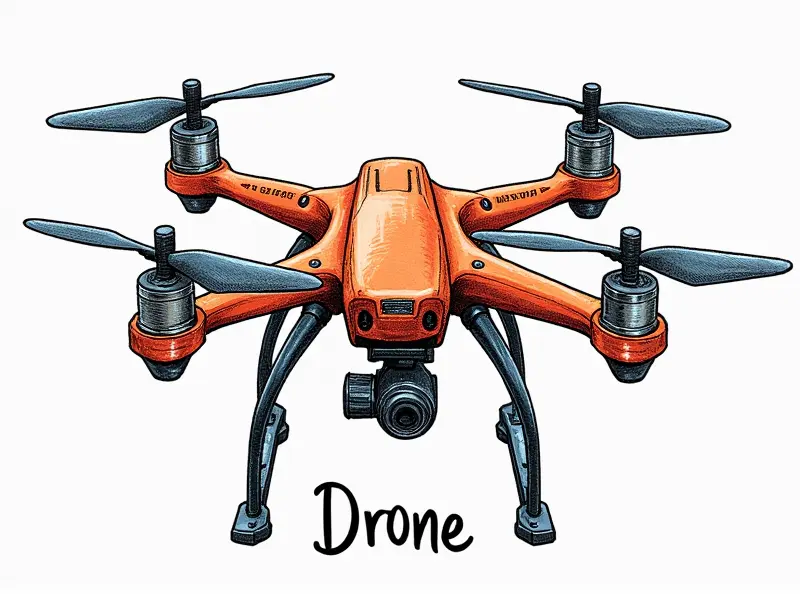Do FPV drones need GPS?

Is GPS Essential for FPV Drone Racing?
When it comes to first-person view (FPV) drone racing, the question of whether GPS is essential often arises. While GPS can offer certain advantages, such as improved stability and navigation assistance, many pilots prefer to fly without it due to its limitations in fast-paced racing scenarios.
Benefits & Drawbacks of GPS in FPV Drones
Benefits:
- Stability: GPS can provide a stable flight platform, reducing the risk of crashes due to sudden movements or wind gusts.
- Navigational Assistance: GPS helps in maintaining a steady course and returning to home safely when needed.
Drawbacks:
- Limited Speed: GPS can slow down the drone's response time, which is crucial for high-speed racing.
- Battery Drain: The additional power consumption of GPS modules can reduce flight times.
Why Some Pilots Skip GPS on FPV Drones
Many experienced FPV pilots choose to fly without GPS because it enhances their control over the drone. Without GPS, pilots rely more on manual flying skills and situational awareness, which can be crucial in complex racing environments.
Enhancing FPV Drone Performance Without GPS
- Advanced Flight Controllers: Utilizing flight controllers with advanced algorithms for stability and responsiveness.
- Sensor Fusion: Combining data from multiple sensors like accelerometers, gyroscopes, and barometers to improve performance.
Can You Fly FPV Drones Without GPS?
Absolutely! Flying without GPS is not only possible but also preferred by many pilots who value the freedom of manual control. However, it requires a higher level of skill and situational awareness.
GPS Alternatives for FPV Drone Pilots
- Optical Flow Sensors: These sensors use cameras to detect movement relative to the ground, providing stability without GPS.
- Magnetometers: Compass-like devices that help in maintaining orientation and heading.
When Do FPV Drones Benefit from GPS?
GPS can be beneficial for FPV drones when flying over large open areas or during long-range flights where precise navigation is crucial. It also aids in returning to home safely without manual intervention.
Benefits of Flying FPV Without GPS
- Better Control: Pilots have full control over the drone's movements, allowing for more dynamic and responsive flying.
- Improved Battery Life: No additional power consumption from GPS modules means longer flight times.
The Role of GPS in FPV Racing Drones
In competitive racing scenarios, the role of GPS is often minimal. Pilots rely more on their skills and the drone's inherent stability to navigate through challenging courses at high speeds.
Debunking Myths About GPS in FPV Drones
- Myth: "GPS makes flying easier."
- Reality: While GPS can provide stability, it doesn't replace the need for skilled piloting.
Should You Invest in GPS for Your FPV Drone?
The decision to use GPS depends on your specific needs and preferences. If you prioritize precise navigation and safety over speed and control, investing in a GPS module might be beneficial. However, if you're focused on high-speed racing and manual flying skills, sticking with non-GPS setups is often the better choice.
Conclusion
In conclusion, while GPS can offer certain advantages for FPV drones, it's not essential for all pilots. The decision to use or skip GPS should be based on your specific requirements and flying style. Whether you choose to fly with or without GPS, the key is to enhance your skills and make informed choices that best suit your needs.

